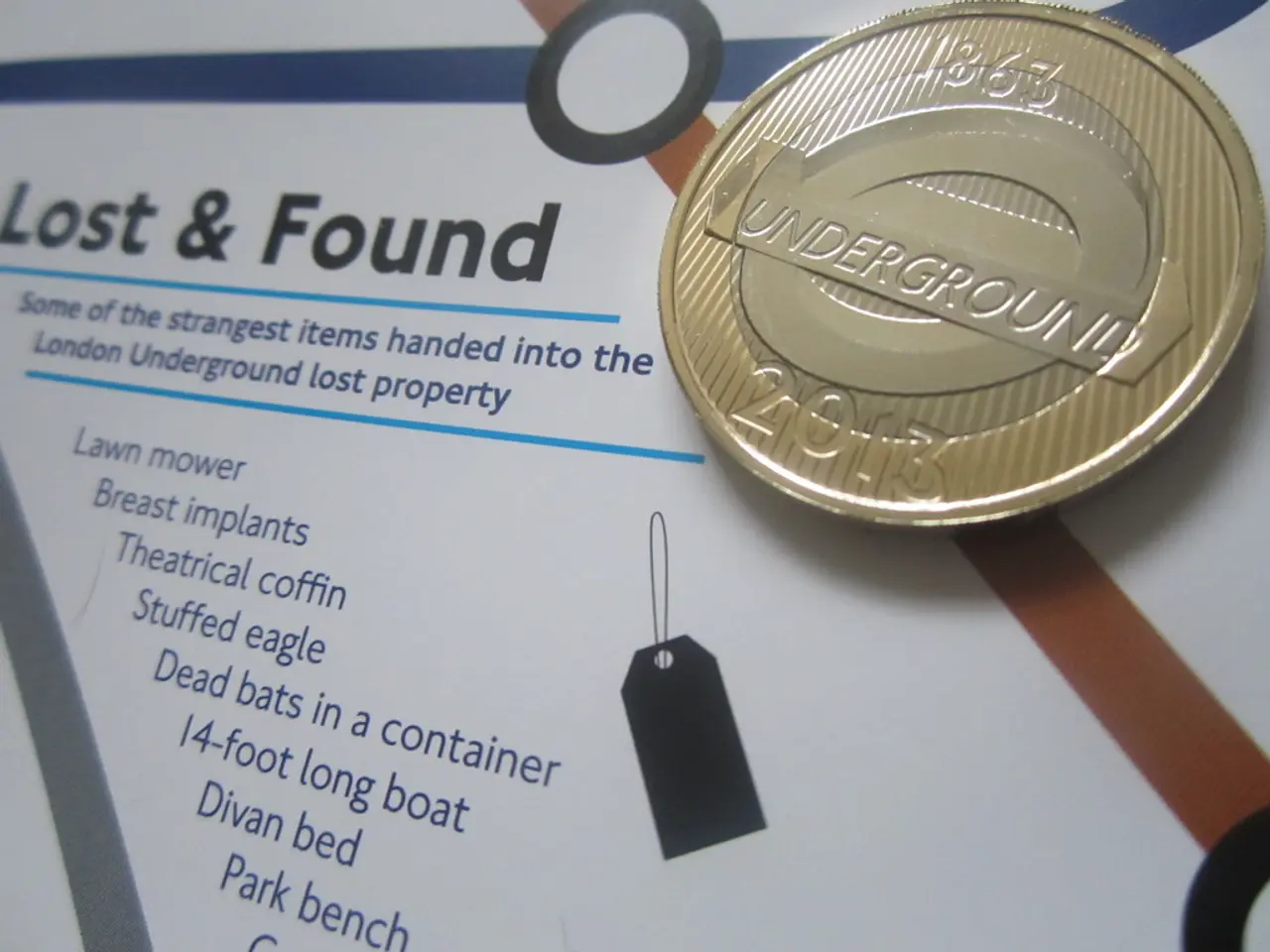Steep Increase in Kuwait's Waterfront Fees Sparks Public Protests and Policy Discussion
In a recent development, the Kuwaiti government has announced changes to the usufruct fees for state-owned chalets on its waterfront lands, causing a stir among residents and businesses. These popular recreational spots are not only significant for public leisure but also serve as important sources of state revenue.
**Financial Impact on Users**
The amendments have resulted in increased usufruct fees for chalet users, including families and businesses. This means higher costs for those who use these facilities, possibly leading to budget reallocations for leisure activities, potentially reducing the frequency or duration of chalet use.
**State Revenue**
The state aims to generate more revenue from its valuable waterfront properties to support maintenance, infrastructure improvements, or other public projects. Enhanced funds may lead to improved management and upgrading of waterfront facilities.
**Accessibility and Social Equity**
Higher fees might limit access for lower and middle-income residents, potentially making these chalets less accessible to the average citizen. There may be concerns about social equity and the privatization or commercialization of public leisure spaces.
**Environmental and Development Considerations**
The amendments may be tied to plans for environmental sustainability or controlled development along the waterfront, ensuring these leases align with broader urban planning goals.
**Public Reactions**
Many users have expressed dissatisfaction, viewing the fee hike as a financial burden, especially amid broader economic pressures. Some demand clearer explanations of how the collected fees will be used and assurances that improvements will justify the higher costs.
Operators of tourism-related businesses that rely on waterfront leisure activities may be concerned about reduced customer turnout, while others see this as an opportunity for higher-end service development.
Heated discussions have emerged on social platforms, with some citizens arguing for the preservation of affordable public spaces, while others support the state's efforts to enhance and maintain quality facilities.
Officials typically emphasize the need for sustainable management of public assets and the benefits of reinvesting increased fees into the community and infrastructure.
The amendments to the usufruct fees for state-owned chalets on Kuwait's waterfront lands have significant financial implications for users and potentially positive effects on state revenue and infrastructure. However, public reactions are mixed, with concerns about affordability, accessibility, and transparency dominating discourse. Balancing economic, social, and environmental interests remains the key challenge for policymakers moving forward.
Over the past nine years, the waterfront usage fee has seen five separate amendments, rising from KD 50 to KD 250 per linear meter. The fee for transferring first-line chalets to heirs is now KD 10,000 per linear meter, up from KD 3,000. The waiver fees for second-line chalets have increased from KD 1,500 to KD 5,000 per linear meter, also a 233% increase. The changes include substantial increases in usufruct fees, reflecting the government's push to align land usage fees with market values and public interest. Usufruct fees for new first-line chalets are now KD 5,000 per chalet, up from KD 3,000.
- The increase in usufruct fees for chalet users, including families and businesses, raises questions about policy-and-legislation and the role of politics in determining financial matters within the industry.
- The amendments, which reflect the government's push to align land usage fees with market values and public interest, have led to concerns about the accessibility and social equity of these facilities in the context of general news and public discourse.
- The Kuwaiti government's decision to generate more revenue from its valuable waterfront properties through increased usufruct fees may impact not only the business sector but also the broader finance landscape, as the funds may be used for various policy-and-legislation purposes, such as infrastructure improvements or maintenance.






